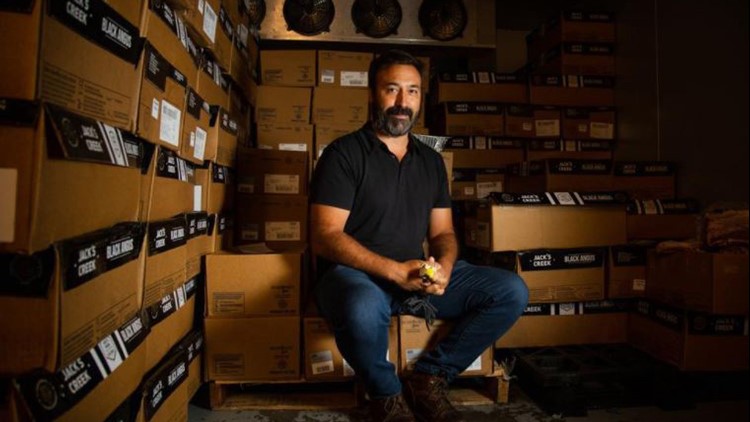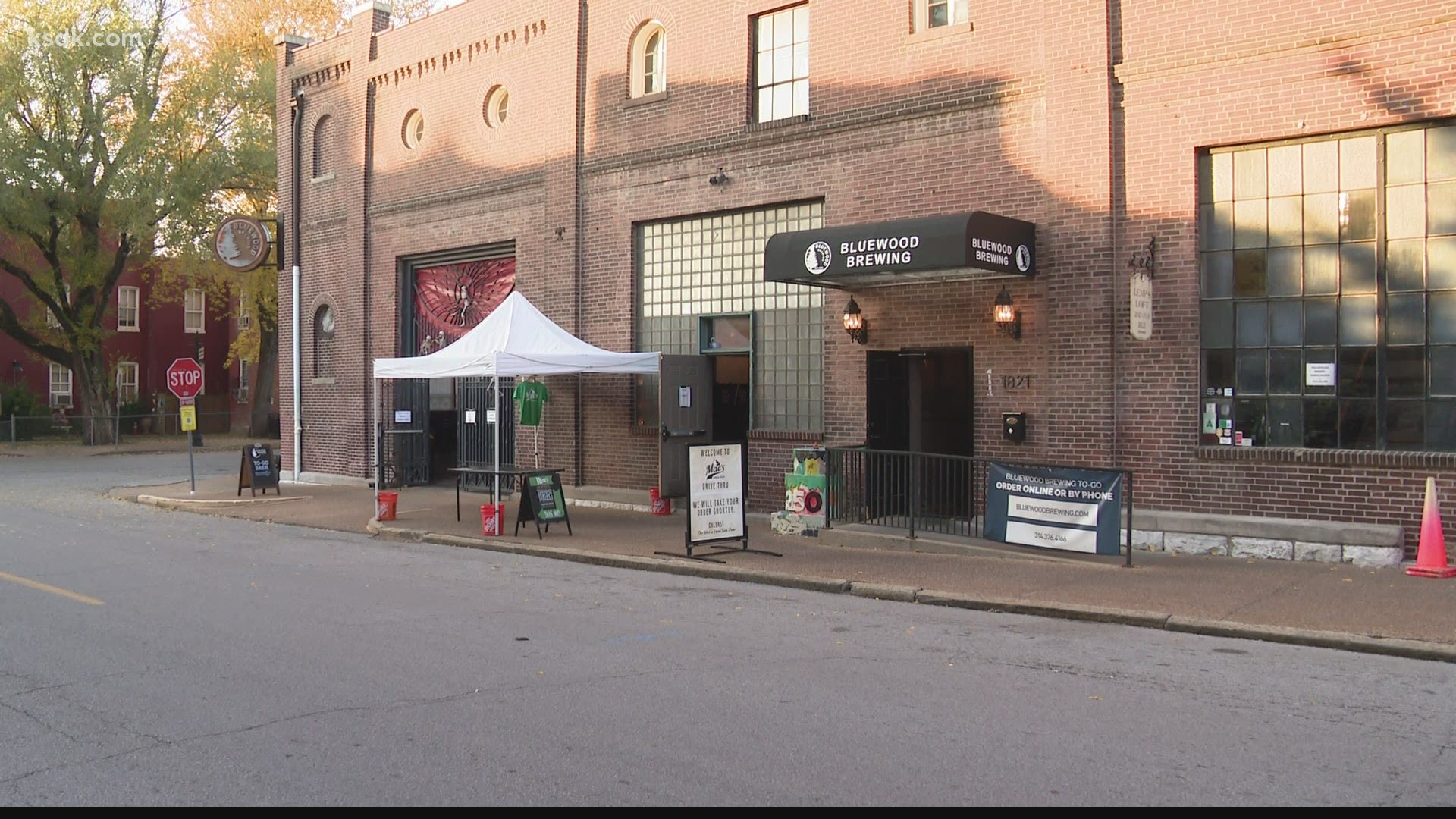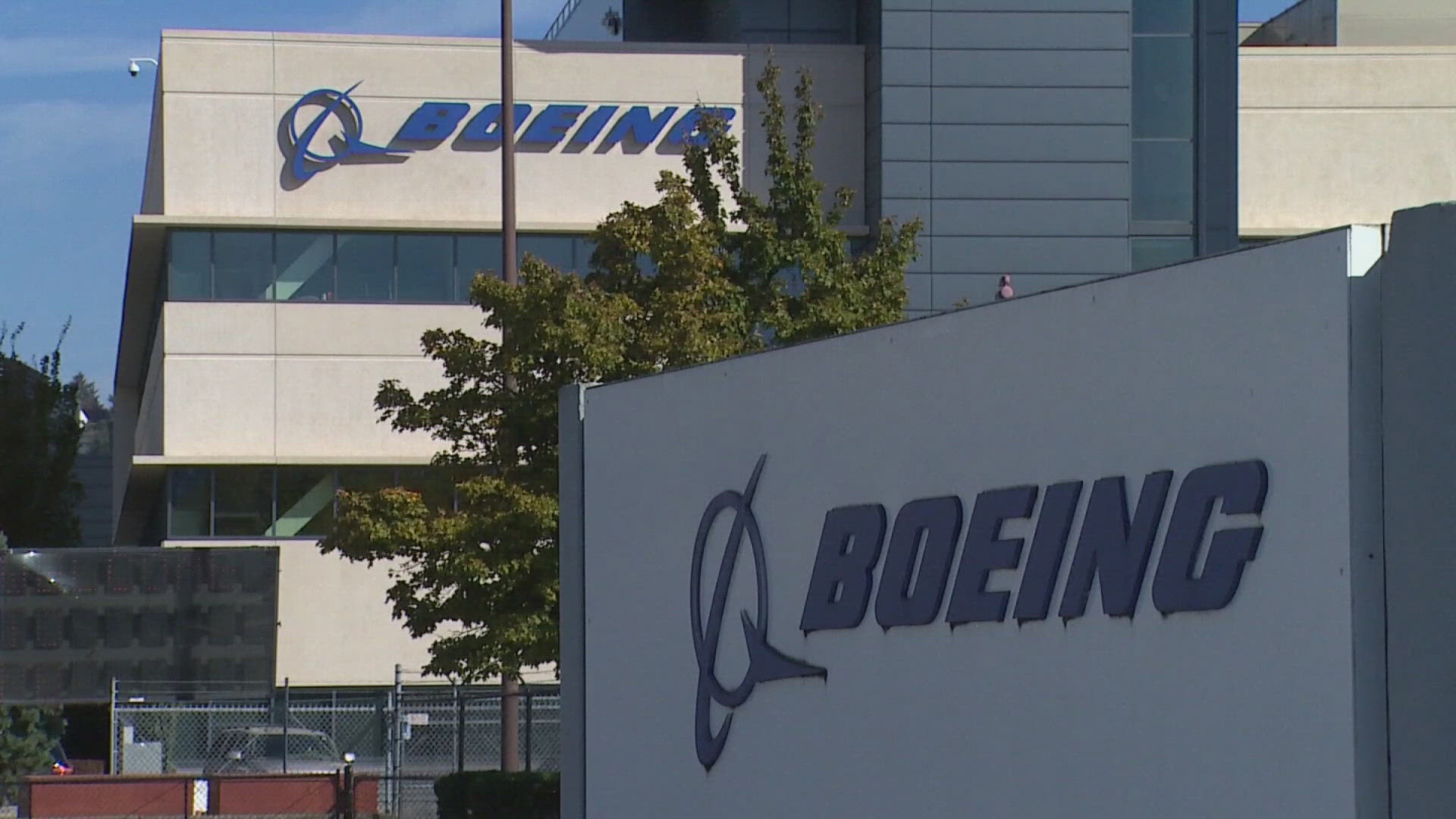ST. LOUIS — Tom Schmidt remembers the day everything changed for Salt + Smoke.
It was Sunday, March 15, 2020 — the day Illinois Gov. J.B. Pritzker ordered the shutdown of restaurants to limit the spread of COVID-19. Schmidt, owner of St. Louis barbecue chain Salt + Smoke, was on spring break in Florida with his wife and kids.
“It kind of washed over me in about 30 seconds — where I was like, ‘Well, this is happening for us,’” Schmidt said. “I leaned over to my wife and I said, ‘I’m going to have to drive back to St. Louis tomorrow.’ She was like, ‘What are you talking about?’”
Schmidt told her a similar shutdown for Missouri was inevitable. He did the 13-hour drive on Monday, spending most of it on the phone. By Friday, Salt + Smoke had laid off 218 employees, shut down its dining room and switched to delivery and carryout only. But that was only the beginning of its pandemic pivot. In the months since, Salt + Smoke has embraced an interlocking set of strategies — most centered around a new commissary kitchen — that aim to put the restaurant group in an even stronger place than it was before COVID-19.
Centralized operations
After taking rapid measures to address the COVID-19 shutdown, Schmidt began to contemplate how Salt + Smoke could adapt in the long term. “Before the pandemic, we had been on a breakneck growth pace for the last several years. And the focus really was on opening new stores,” Schmidt said. “What the pandemic forced us to do was kind of pause and rethink.”
With the opening of Salt + Smoke’s newest Ballpark Village location postponed, and business down 70% in the early days of the pandemic, Schmidt looked for ways to make the chain more efficient.
Central to that strategy was a commissary kitchen Salt + Smoke purchased in July. The 8,000-square-foot space in Maryland Heights allowed Schmidt to centralize and standardize sauce and side dish production by moving it out of the restaurants’ smaller kitchens.
“There are economies of scale by doing what they’re doing. It makes a whole lot of sense,” said Steven Becker, a restaurant and hospitality consultant in St. Louis. “Their staff can focus on their meat grilling, and their service, and their final prep, and don’t have to worry about making coleslaw.”
The commissary also gave Salt + Smoke the capacity to start buying meat directly from suppliers. Instead of placing multiple orders a week with wholesalers, Salt + Smoke can now place one larger, direct order for delivery at a single location — which has generated significant savings.
“When we’re buying 20,000 pounds a week of those items, shaving off 20 to 30 cents a pound is just a huge game-changer on a weekly basis,” Schmidt said.
The commissary also gave Salt + Smoke the storage and packing space needed to launch a direct shipping campaign. In addition to selling individual sauces, rubs and meats online, Salt + Smoke started a monthly subscription box in August with nationwide shipping.
“We thought the Salt + Smoke shipping department would be a great way to send the best barbecue that we believe is out there to all of those people that you care about — friends, family, clients or whoever — during the holiday season,” said Schmidt.
Click here for the full story.




